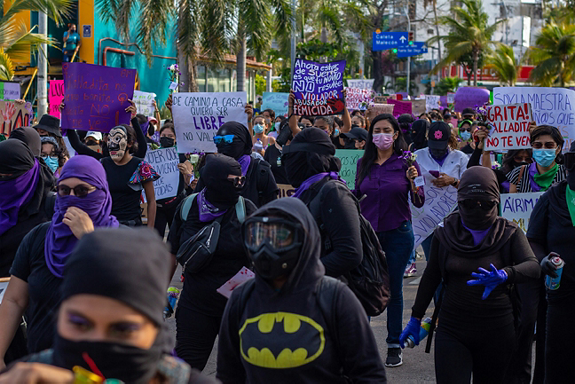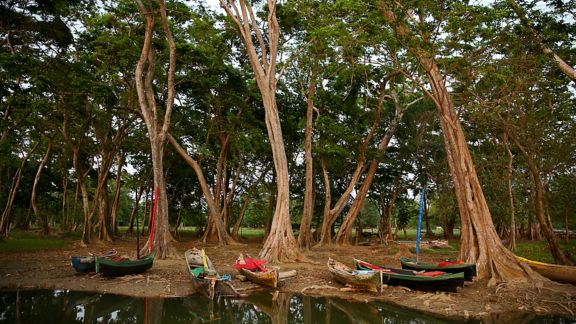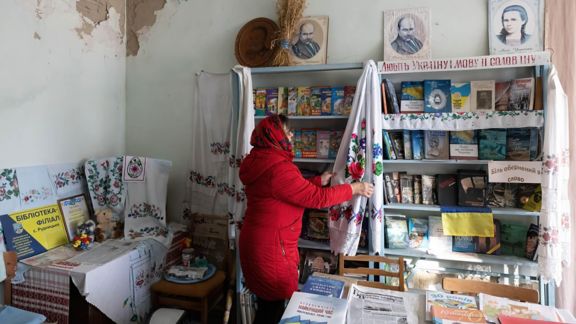Gender-Based Violence Impunity in Latin America & Caribbean

Problem
Impunity for gender-based violence denies survivors human rights and accountability.
Gender-based violence (GBV) violates human rights, causes intergenerational trauma, and hinders the inclusion of women, girls, and gender non-conforming individuals in society. The World Health Organization estimates that 34 percent of cisgender women in the Americas have experienced intimate partner violence or non-partner sexual violence. Even more women experience other types of GBV, like psychological violence. Many GBV incidents go unreported or are misclassified. When survivors do not report, it is often because they lack confidence in or fear interacting with the judicial system, fear reprisals against them or their loved ones, or internalize social norms that consider their experiences of violence to be “normal.”
To help prevent GBV and promote accountability, the U.S. Agency for International Development (USAID) sought practical solutions grounded in an understanding of how social norms, structural context, and local institutions contribute to GBV and impunity in Latin America and the Caribbean (LAC). USAID requested that these solutions, and their underlying analysis, be available for country-level and regional application.
Solution
NORC elevated diverse GBV survivor perspectives regarding pathways to accountability.
NORC designed a qualitative approach to interview GBV survivors and service providers to assess how survivors define GBV impunity and what they would view as meaningful accountability. We conducted approximately 30 in-depth interviews in each of eight countries and analyzed transcripts both within and across countries to inform survivor-centered recommendations for USAID. In each country, we identified a type of GBV as the primary focus and recruited teams of local qualitative researchers to implement a case study. Where possible, we recruited researchers who came from affected communities. For example, where possible, transgender researchers interviewed transgender survivors.
NORC’s analytical framework considered the complex interplay between gender, power, and political economy in understanding the issue of impunity for GBV survivors. In centering survivor perspectives when answering key research questions, our approach recognized the agency and influence of diverse survivors in crafting strategies to prevent and respond to GBV.
Result
NORC integrated survivor-centered recommendations into efforts to prevent and respond to GBV.
NORC’s study identified survivor-centered opportunities for USAID to support increased accountability for GBV at country and regional levels. USAID has integrated these recommendations into its plan to implement the United States Strategy to Prevent and Respond to GBV Globally. USAID Operating Units have hosted NORC researchers to discuss opportunities to integrate study recommendations into their programming.
Across the regional study, survivors emphasized a desire for USAID to prioritize improved, survivor-centered, inclusive GBV protection and recovery support services as a part of improved accountability. Survivors require these services to heal and rebuild their lives, often before they can consider pursuing justice in court. Although judicial system reform and initiatives to prevent GBV, such as interventions to change social norms, are also necessary, survivors believe these efforts will require long time horizons and vast resources to affect meaningful change. Meanwhile, improved protection and recovery support services would save lives immediately.






